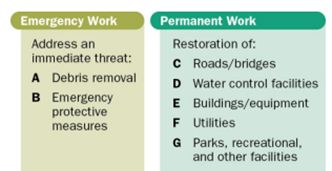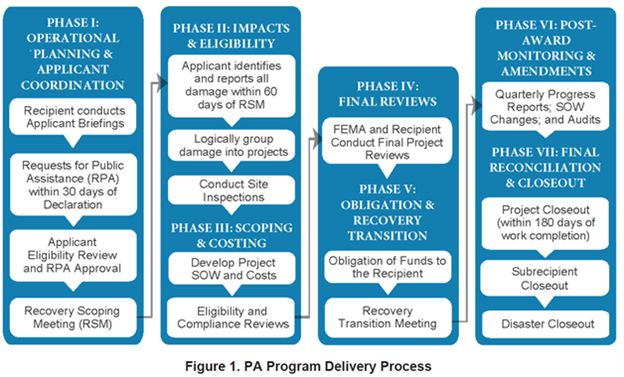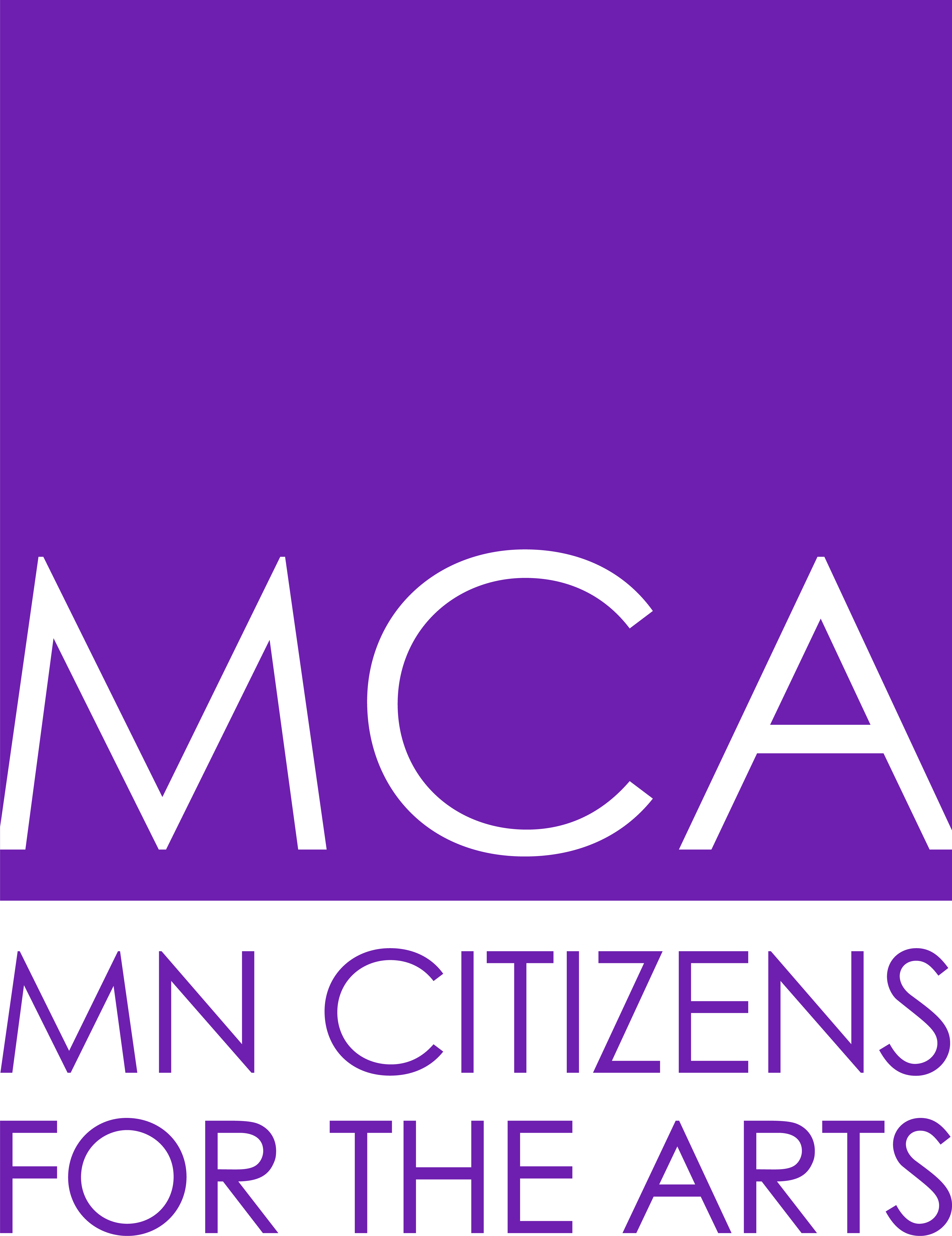
Take Action for the Arts in Congress
Hope you are having a wonderful summer. Our national partners at Americans for the Arts (AFTA) have asked us to share two important updates with you today.
NEA Appropriation Votes
This week has become a big week for Congressional funding of the National Endowment for the Arts (NEA) and the National Endowment for the Humanities (NEH).
On the House side, the FY’25 Interior Appropriations bill will be considered on the House floor during the week of July 22. This bill currently appropriates $203.895 million each to NEA and the NEH. This represents a 1.5 percent cut below current funding levels.
And, we’ve just learned that on the Senate side, the Senate Full Appropriations Committee will mark up its version of the FY’25 Interior Appropriations bill on Thursday, July 25th. There is a better chance of securing higher funding levels in the Senate bill, perhaps as much as $211 million each for the NEA and NEH.
Please take action by asking members to support the Senate position and to vote against any amendment that would cut arts funding further.
TAKE ACTION FOR THE ARTS AND CONTACT YOUR MEMBER OF CONGRESS!
Disaster Assistance
AFTA recently shared with us possible disaster assistance that was now available to the following 22 counties:
Blue Earth (County)
Carver (County)
Cass (County)
Cook (County)
Cottonwood (County)
Faribault (County)
Fillmore (County)
Freeborn (County)
Goodhue (County)
Jackson (County)
Lake (County)
Le Sueur (County)
Murray (County)
Nobles (County)
Pipestone (County)
Rice (County)
Rock (County)
St. Louis (County)
Steele (County)
Wabasha (County)
Waseca (County)
Watonwan (County)
Learn more about Public Assistance Categories: Process of Public Assistance Grants | FEMA.gov.

EMERGENCY PROTECTIVE MEASURES may include, but are not limited to:
1. Temporary emergency repair (blue roofs and other work) or stabilization of an eligible facility if it eliminates or lessens an immediate threat
2. Wet vacuuming, damp wiping, or vacuuming with High-Efficiency Particulate Air (HEPA) equipment of the interior space
3. Removal of contaminated gypsum board, plaster (or similar wall finishes), carpet or floor finishes, and ceilings or permanent light fixtures
4. Cleaning of contaminated heating and ventilation (including ductwork), plumbing, and air conditioning systems or other mechanical equipment
5. Removal or relocation of collections to prevent damage or loss
The Public Assistance Program Delivery Process. For more information, go to Public Assistance Program and Policy Guide Version 4 (fema.gov).

As damages continue to be assessed, disaster assistance may continue to be updated. Information on DR-4797 can be found at 4797 | FEMA.gov.
Please continue to reach out to your members and constituents to help gather reports of damage, identify any unmet needs, and share the following resources:
1. Were any cultural institutions or arts organizations affected? If so, how? Please encourage those impacted to fill out one of the following Rapid Damage Assessment Forms:
· Individual Artists and Performing Groups
2. Cultural institutions, arts organizations, and artists and performing groups can call the National Heritage Responders hotline: 202.661.8068. The National Heritage Responders, a team of trained conservators and collections care professionals administered by the Foundation for Advancement in Conservation, are available 24/7 to provide advice and guidance.
3. Members of the public and individual artists who have questions about saving family heirlooms and personal collections can email the National Heritage Responders at NHRpublichelpline@culturalheritage.org.
4. HENTF’s Save Your Family Treasures guidance is available at https://www.fema.gov/assistance/save-family-treasures. Here you can find the downloadable FEMA fact sheets “After the Flood: Advice for Salvaging Damaged Family Treasures” and “Salvaging Water-Damaged Family Valuables and Heirlooms,” available in multiple languages.
 Facebook
Facebook Instagram
Instagram YouTube
YouTube Twitter
Twitter Home Page
Home Page